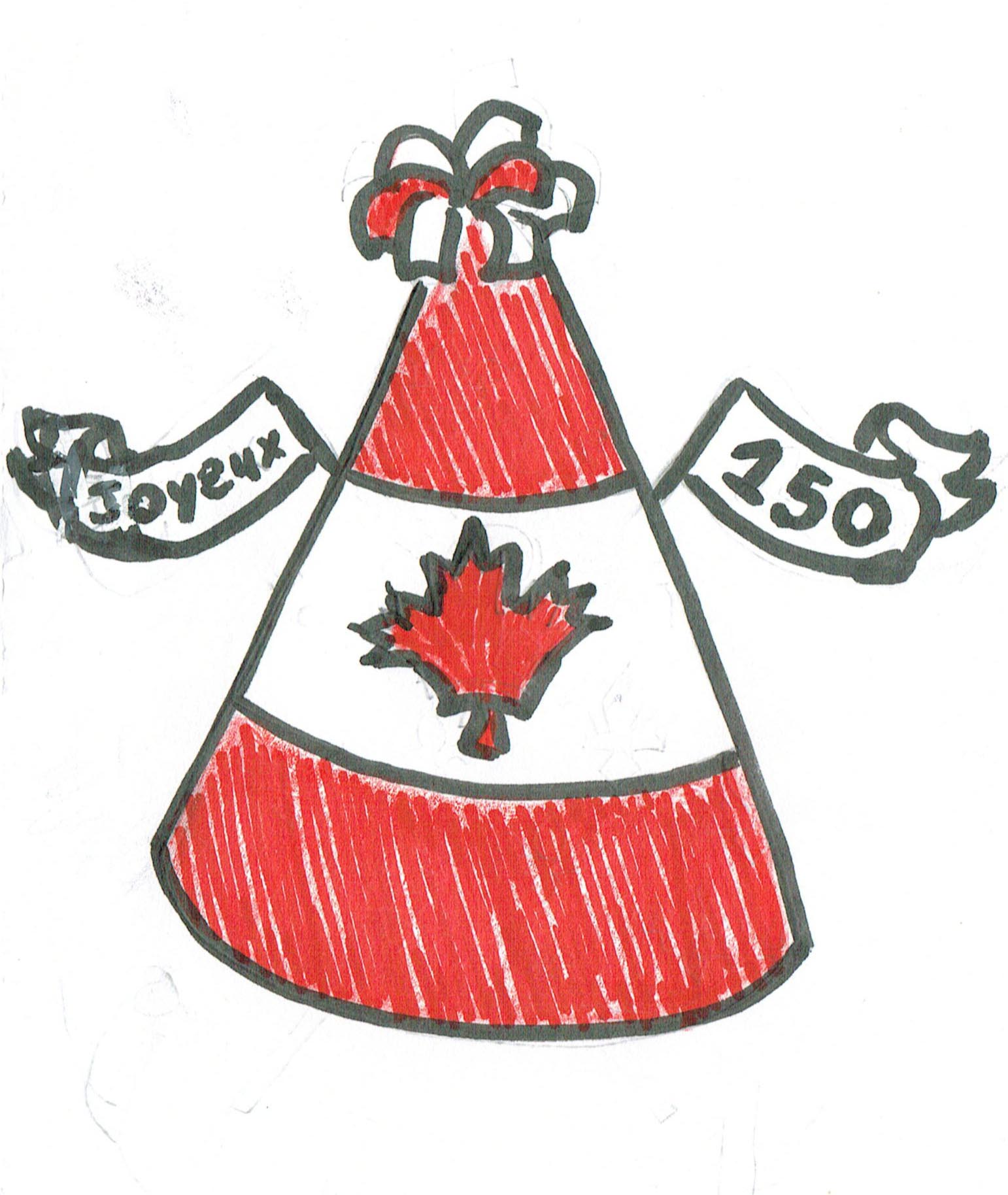As Canadians take 2017 to celebrate the 150th anniversary of Confederation, the year ahead should be a time for celebration. However, party preparations have recently been hindered by disagreement over the meaning of the anniversary. The Parti Québecois (PQ) recently announced that they have planned “L’autre 150ième,” a Quebec-focused celebration with the goal of promoting what they view as “a non-biased version of 150 years of relations between Quebec and Canada,” by highlighting events that might be left out of the federal narrative. The PQ’s announcement is a reminder of the perennial debate concerning whose history is celebrated by national commemorations. It is important to recognize that the rich history and culture of Quebec is unique and adds diversity to Canada. Yet it is most important for all Canadians to view the country’s many cultures as an asset rather than something to separate its people.
In fairness, the PQ isn’t alone in taking a skeptical view of Canada 150, and questioning the appropriateness of commemorating a Confederation that has not always treated all Canadians fairly. Throughout the past 150 years, there are many chapters of Canada’s history for which Canadians have no reason to feel proud: The treatment of First Nations, Inuit and Metis communities, the exploitation of Chinese railway workers, and the internment of Japanese and Ukrainians, to mention just a few. Although the PQ is right to remind us that Canada’s history is not always reason to celebrate, they are wrong in concluding that Canada 150 is all about the past. Geneviève Dubois-Richard, liaison and coordination officer at the Department of Canadian Heritage explained in an email to The McGill Tribune that beyond celebratory events, Canada 150 will include events such as “panel discussions on what Canadians desire for the future of the country; youth-led gatherings bringing indigenous and non-indigenous peoples in Canada together to help build relationships and move toward reconciliation; and, discussions around environmental stewardship.” As Canada 150 should certainly reflect on the country’s history, it should also be an occasion to celebrate who we are today, and inspire us to imagine how Canadians could improve it in the next 150 years.
As a country, Canada must move forward without denying or forgetting the past injustices that have been made or, for that matter, the ones that still must be addressed. At a time when the world is becoming more divisive and isolationist in the name of nationalism, Canada remains one of the most welcoming countries in the world. It remains a beacon for those who believe in creating more open, diverse, and inclusive societies—and that’s worth celebrating.
Although Canada’s successes in no way make up for its mistakes, landmarks such as the legalization of same-sex marriage in 2005, the establishment of the Truth and Reconciliation Commission in 2008 and its report in 2015, and its high ranking in terms of the UN human development index’s standards of living, global school rankings and its response to the Syrian refugee crisis are certainly commendable. As Canada reflects on its past, it should not forget the present, and envision the country’s future in an increasingly globalized world.
This year, Canadians should take a moment to remember what it is exactly they are celebrating and what their contribution will be to the story that is told at Canada’s next major commemoration. Canada 150 is also something to be proud of. The anniversary is an opportunity to celebrate Canadian inclusiveness and diversity while giving us the occasion to share more of Canada’s stories with the world.









